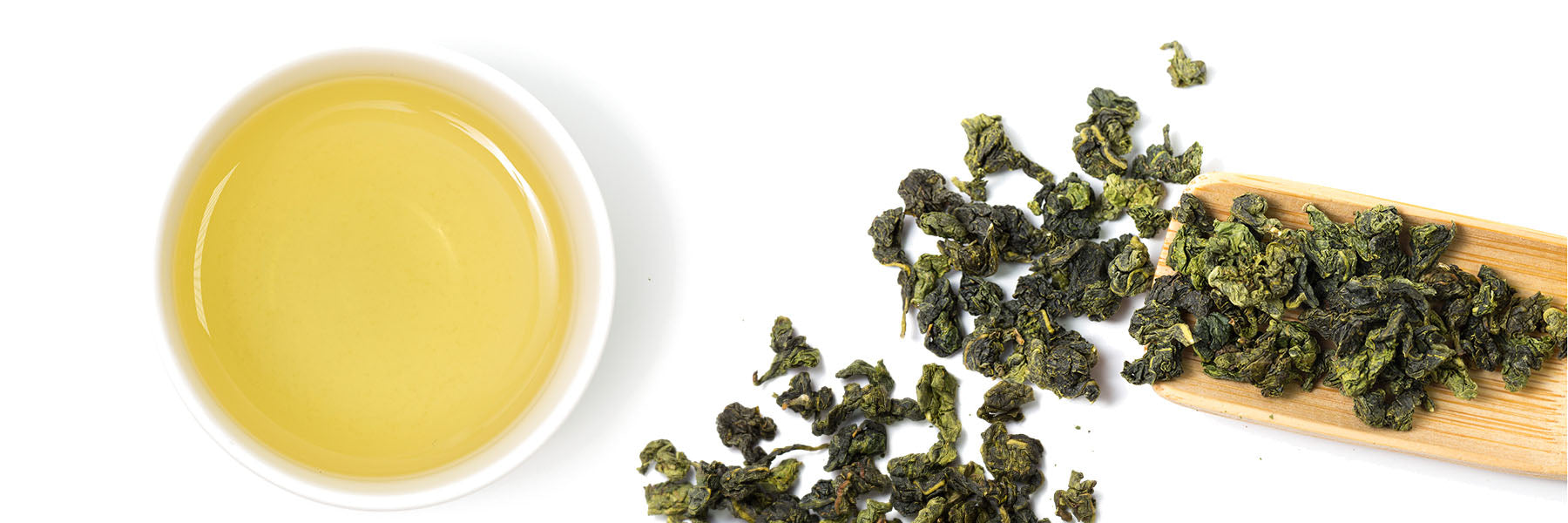The Nutritional Value of Tea

- Calories: Compared with other foods, tea is a kind of low-calorie food. The calories contained in tea is related to its quality and type, generally speaking the better the tea quality, the higher calories. In terms of tea types, green tea has the highest caloric content (about 1.26 to 1.46 kJ), followed by black tea, flower tea, oolong tea, and brick tea or tea cake.
- Protein: The protein content of tea is quite high. And its essential amino acid composition is more complete than eggs and soybeans.
- Carbohydrates: New data shows that the content of carbohydrates in tea is about 40%, and some high quality teas can be as high as 60% or more, and most of them are polysaccharides.
- Fat: The fat contained in tea leaves is not much, green tea not exceeded 3%, and brick tea content is about 8%.
- Vitamins: Water-soluble vitamins in tea can be completely dissolved in hot water, and the leaching rate is almost reached 100%.
- Minerals and trace elements: Tea contains 4% to 9% of minerals, of which 50% to 60% can be dissolved in hot water and can be absorbed and utilized by the body. The most inorganic components in tea are potassium and phosphorus, followed by calcium, magnesium, iron, manganese, etc., while copper, zinc, sodium, sulfur and other elements are less. There is a slight difference in the content of different kinds of tea. The content of phosphorus and zinc in green tea is higher than that of black tea, but the content of calcium, copper and sodium in black tea is higher than that of green tea.











